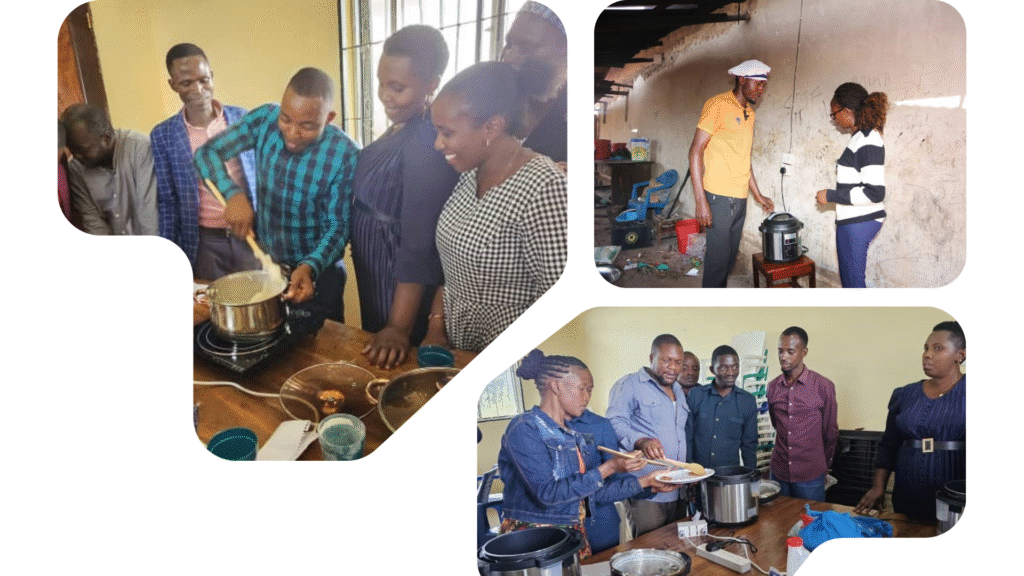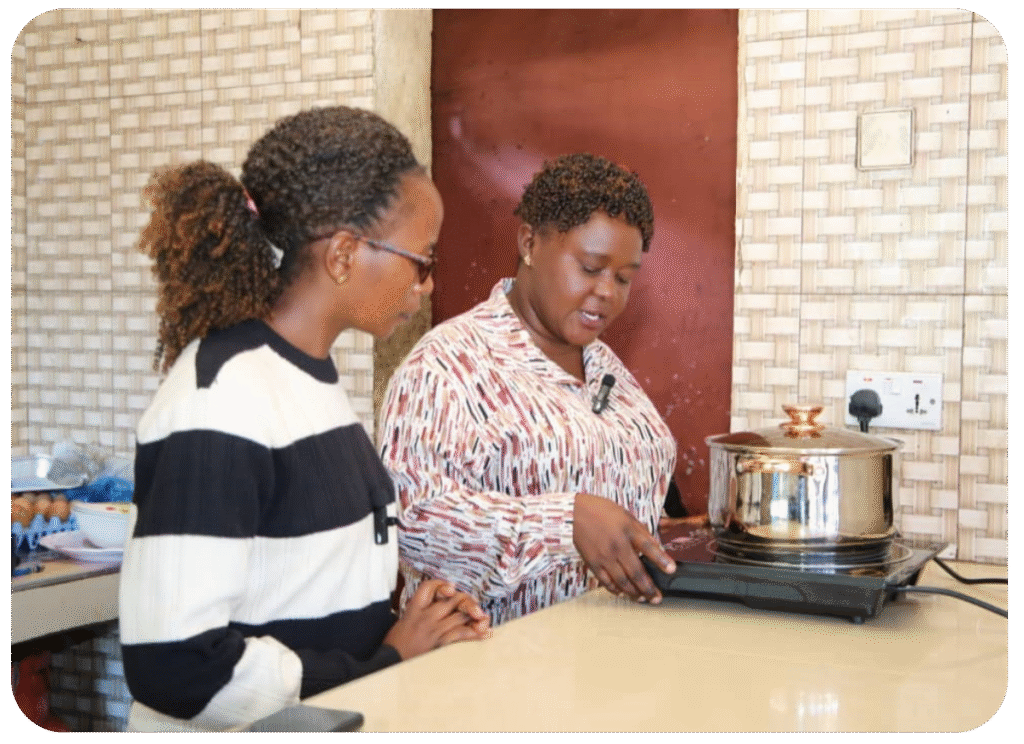Kigoma Teachers Champion Clean Cooking Revolution!
Kasulu & Buhigwe, Kigoma Region, Tanzania—April 10-11, 2025
Author: Alusaria Verande Nkya.
In a groundbreaking move to transform cooking practices across Tanzanian households, 50 teachers from nine secondary schools in Kigoma underwent transformative training on electric clean cooking stoves. The initiative, spearheaded by the United Nations Industrial Development Organization (UNIDO) in collaboration with SIDO and TANESCO, aims to empower both educators and students while promoting healthier, more eco-friendly, and cost-effective cooking methods.

A Recipe for Change: Why Clean Cooking Matters
More than 80% of Tanzanian households still depend on firewood and charcoal, causing deforestation, indoor air pollution, and significant carbon emissions. But there’s good news: Kigoma is now connected to the national power grid, benefiting from the Julius Nyerere Hydropower Station’s 2,000 MW surplus. This untapped energy can power cleaner cooking solutions for 4-5 million households—a recipe for environmental and health transformation.
Blending Theory with Practice
Over the course of two days, teachers combined classroom knowledge with hands-on training. Using Electric Pressure Cookers (EPCs) and Induction Hobs, participants discovered the impressive efficiency, safety, and speed these appliances offer. Preparing staple dishes such as ugali and beans revealed how little energy these stoves consume—e.g., cooking beans in just 60 minutes used a mere 0.26 kWh, costing only Tsh 100!
This hands-on learning experience not only highlighted the cost-saving potential of electric cooking but also delved into scientific concepts like energy, power, and heat transfer, connecting the dots between science lessons and real-life applications.

From Schools to Communities: A Ripple Effect of Change
The story doesn’t end in the classroom. On April 24, UNIDO will equip all 10 participating schools with EPCs, Induction Hobs, and energy meters, alongside detailed user manuals. Teachers will incorporate electric cooking into the science curriculum, ensuring students not only learn about sustainability but actively practice it in their lives.
Teachers will also track progress by submitting monthly reports on their students’ outreach efforts. As students spread this knowledge to their homes, this initiative is expected to ignite a region-wide transformation in cooking habits.
“Safety First!” Teachers Engage, Question, and Inspire

During the training, safety was a top concern for the teachers, many of whom had never worked with electric cooking appliances before. Facilitators addressed these concerns by emphasizing key safety features, such as automatic temperature controls. The response? Enthusiasm! Teachers are already calling for extended sessions to delve deeper into this critical topic.
A Unified Effort for Clean Cooking
The movement doesn’t stop here. During the training, safety was a top concern for the teachers, many of whom had never worked with electric cooking appliances before. Facilitators addressed these concerns by emphasizing key safety features, such as automatic temperature controls.
With teachers now acting as champions of this clean cooking revolution, Kigoma is setting the stage for a cleaner, healthier, and more sustainable future. This initiative is not just transforming the way we cook but it’s also showing how education and community engagement can spark meaningful, lasting change.


